RAIDOU Remastered: The Mystery of the Soulless Army Review - Devil (Summoner) is in The Detail
RAIDOU Remastered is weirdly less of a remaster and more of a remake, but only makes slight changes to help modernise a forgotten gem.
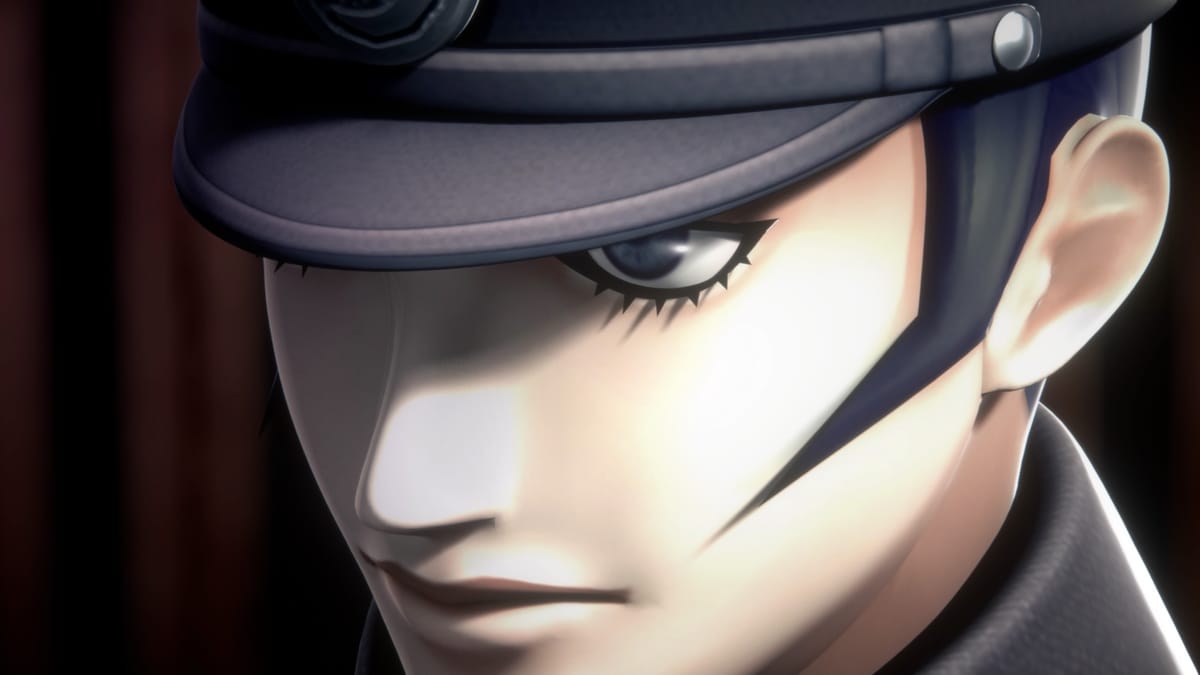
The MegaTen lineage is something of a Byzantine curio in the video game industry. If you are willing to pore over some fan timelines that are more circular than the royal family tree, and or read some Japanese novels, you might start to get an idea about what this series, which is honestly more of a vibe than a franchise, is all about.
The TDLR is that Atlus has a stable of demons and motifs it likes to regularly use in its RPGs that can be roughly traced back to a series of three books by Aya Nishitani, the first of which is Digital Devil Story: Megami Tensei. These books were licensed to both Atlus and Namco in the 80s to develop Famicom games for, and while both saw release, it's the Atlus interpretation that stuck around. Since then, developers at Atlus have continued adding their own spin to the mythos to create a number of distinct series.
Most notable are Shin Megami Tensei, a series of games that usually focus on a young person surviving the aftermath of an apocalypse in Tokyo. There's also Persona, a series which itself spun off from SMT with Shin Megami Tensei If… a game that imagined that series if the end of the world hadn’t happened. It can be slightly weird to think of these franchises this way, especially since modern Persona is (for the most part) largely unconcerned with depicting apocalypse and the deaths of millions, instead focusing on teenagers struggling in school and fighting injustices of varying sizes.

All that is to say, there are a lot of different MegaTen games, and most of them aren’t actually connected by anything other than small easter eggs or occasional recurring characters. While the franchise is pretty well codified as Persona, SMT & Co. nowadays, there were two eras where Atlus really just threw everything at the wall in terms of spin-off. The early to mid-90s when side-series like Devil Summoner (not to be confused with the Devil Survivor games) and Last Bible and more got their start, and the late PS2-era, when on top of the Digital Devil Saga series starting, and the Devil Summoner series getting its own spin-off, Persona 3 (and later 4) both broke out in the west.
Shin Megami Tensei: Devil Summoner - Raidou Kuzunoha vs. the Soulless Army, the last MegaTen game before the runaway success of Persona 3 and, like a lot of these spin-offs, has been somewhat left to the annals of history by Sega. That is until now. Almost 20 years after Raidou Kuzunoha was first introduced, the series is back with RAIDOU Remastered: The Mystery of the Soulless Army, a somewhat less wordy name for a remake of the first game in the series. This is technically a prequel to the Devil Summoner: Soul Hackers games, although the Devil Summoner title has been dropped from this remake, like it was dropped from 2022’s surprise sequel, Soul Hackers 2. This is likely to try to streamline this hot mess for newer fans (it’s not working - we are four paragraphs into this review and only now I think I can start talking about the game itself).
So, to recap, RAIDOU Remastered: The Mystery of the Soulless Army, is a remaster of Raidou Kuzunoha vs. the Soulless Army, which is part of the Devil Summoner series (not to be confused with the Devil Survivor series), which itself is a spin-off of the Shin Megami Tensei series, which is a series that sprouted out of a game called Digital Devil Story: Megami Tensei that is based off a book of the same name and isn’t to be confused with another game also called Megami Tensei produced by a different company at the same time. Got it? Good. But also it kinda isn’t.
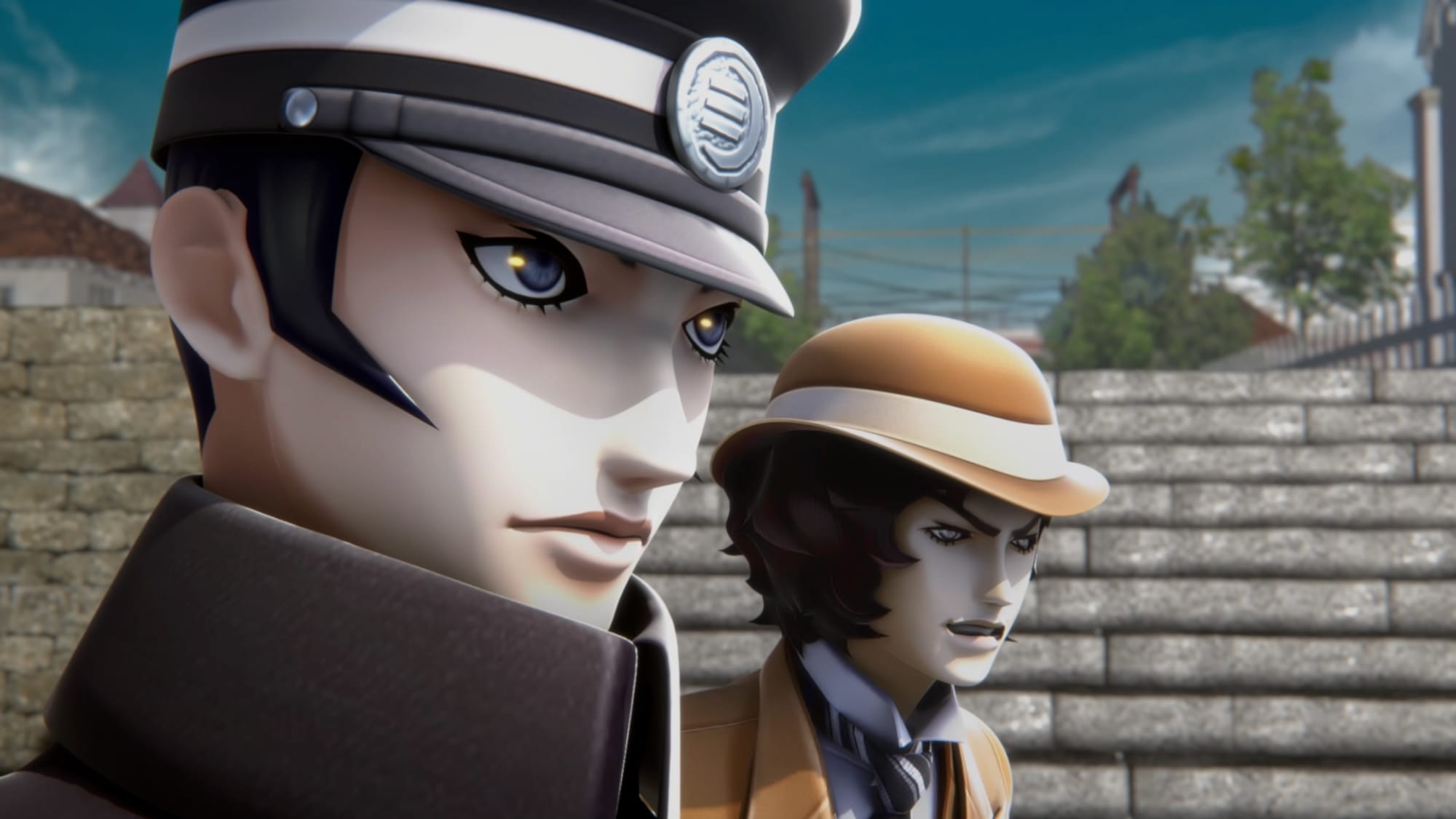
Despite the title and Sega’s insistence, this is much more of a remake than a remaster. Having gone back and played a fair chunk of the original game for this review, it’s pretty clear that RAIDOU Remastered is much more than some high-resolution assets, it has been rebuilt from the ground up. This is something you might guess when this game first boots up into a “Made in Unity” splash screen. RAIDOU Remastered is home to an overhauled UI, newly rendered cutscenes, reworked combat, and much more voice acting. In fact, at some point, calling this a remaster and not a remake feels like calling selling the Ship of Theseus as “mint condition” - it's basically a different game by virtue of its composite parts.
The interesting thing is that despite the building materials being wholly new, the end product is nearly identical. There has rarely been a remake of a game so deeply devoted to maintaining the exact narrative, structure, and beat of the game that it is rebuilding. In some ways, it's rather weird. Playing it feels a bit like watching Gus Van Sant’s shot-for-shot remake of Psycho starring Vince Vaughn. All these new pieces and technologies are being used to meticulously reconstruct something that already exists. So it's somewhat fitting then that like that movie, when you combine all these news pieces in the same shape, the result is a piece of art that feels very different.
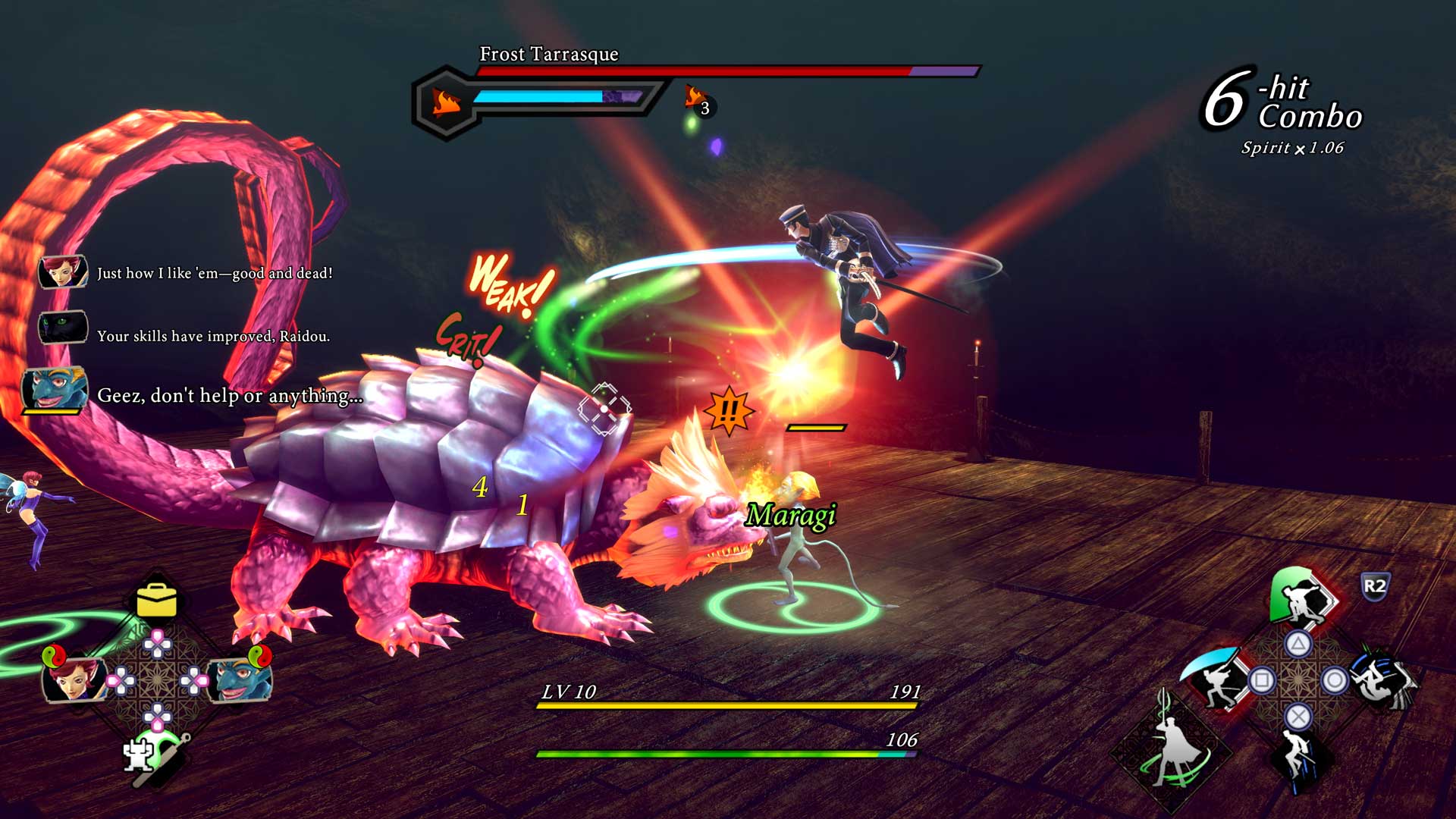
Unlike that Psycho remake, this effect isn’t unbearably negative, and some of that is probably down to the fact that this game’s director, Kazuyuki Yamai, has been at Atlus since 1999, working on different parts of the SMT franchise. Instead of feeling somewhat pointless because it's so similar to the original, this instead feels like a remake where the incredibly selective slight adjustments it does make to bring it in line with one's memory of the game. Most notably in what has been shifted around is 3rd-person action combat, which admittedly feels much faster.
It’s still quite stiff in a way that feels very late-PS2, however, the new focus on dodging over blocking makes encounters much more manageable, along with the addition of a quick-access menu, which keeps things flowing at a much more reasonable pace. Also changed is the shift from MP that acts like traditional RPG magic (something that slowly goes down and can only be increased with potions or long rests), to something that regens with light attacks, incentivising using your abilities and combos.
Two other slight changes almost feel like game creators going back and self-editing the first Raidou to be more in line with its sequel, as they are simply variations of much-requested changes that were made for Devil Summoner 2: Raidou Kuzunoha vs. King Abaddon. The first is a simple addition in the form of letting Raidou summon two demons at once, which is something that makes the early game especially much easier. You can now have one demon with defensive and healing-focused skills out and a damage-dealing one with different elemental magics on the go together.
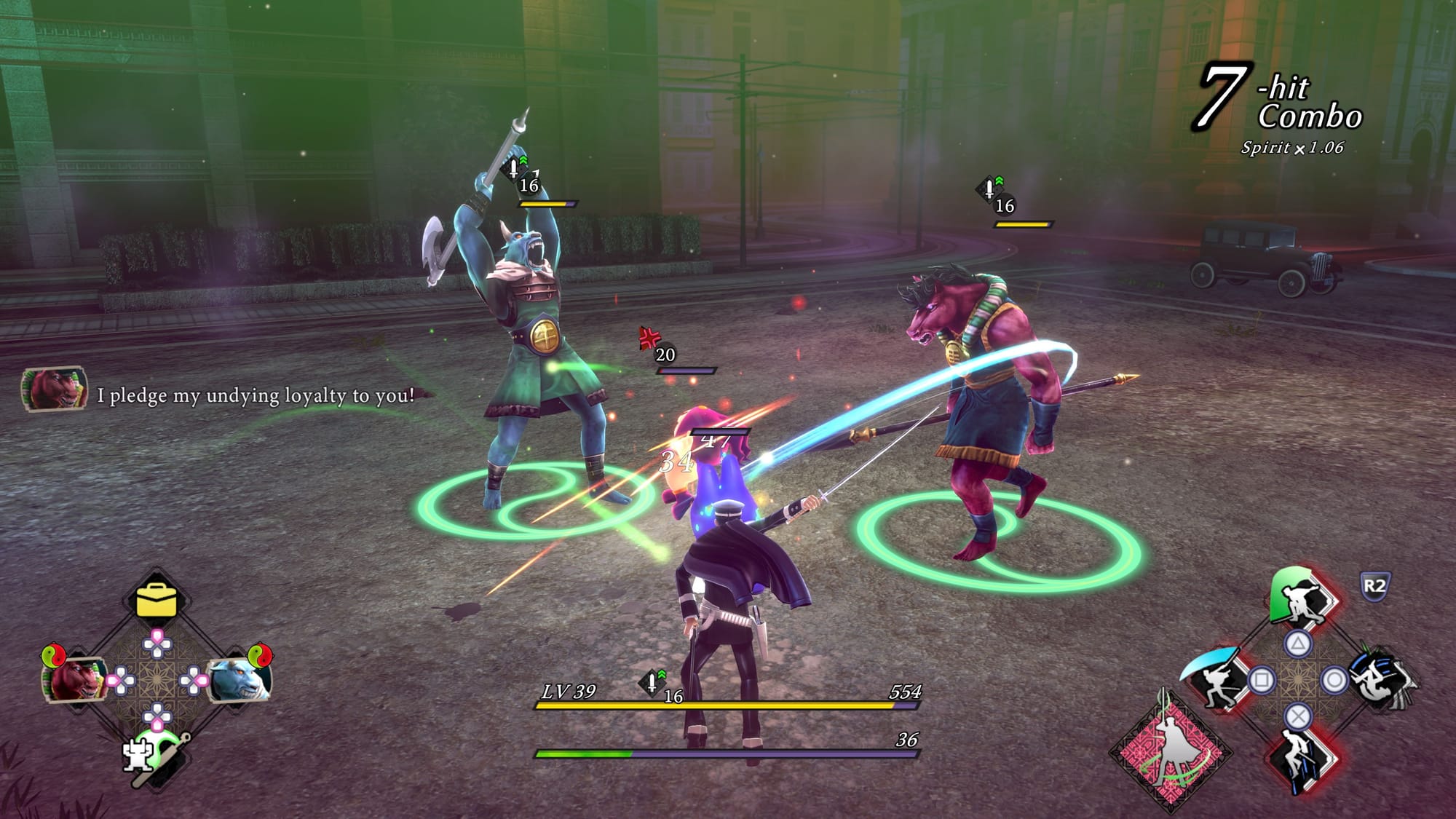
The other slight change is how encounters happen. In the original game, there were random encounters everywhere, the game was rotten with sudden combat. It didn’t matter about the area or what you were doing. If you were in the Dark World or just exploring the peaceful streets of Tashio Era Tokyo, you could suddenly be in a fight. This resulted in a lot of extremely short fights that bogged down the pacing as you moved from area to area. Devil Summoner 2’s solution to this was to make it so that random encounters only happened when you were in the Dark World.
RAIDOU Remastered brings things more in line with modern Persona and SMT. When exploring Tokyo normally, enemies won’t attack you. You will see small portal-looking rifts that you can interact with to start a fight, but you can ignore them. Once in the Dark World, you can now see enemies walking around the dungeons and streets; however, you have the opportunity to attack them first for a small bonus at the start of battle. This is a small change, but it really helps the game’s pacing and prevents things from getting too repetitive.
Most of these smaller changes are great, though the one drawback is a bit harder to articulate. If you have played a lot of the SMT games, especially the PS2 era ones like Persona 3, SMT3, and the two digital Devil Saga games, you’ll know these games have grime to them. Be it the lower resolutions, blurry textures, or tone of the stories, old MegaTen games feel grotty and harsh and kind of brutal. That has very much been sanded away here. I think that's due to the game's much brighter lighting, something that surely had to be affected by the decision to make this a (near) launch game for a portal handheld device in the Switch 2. However, the vibe of RAIDOU Remastered feels less grim. If you got on board with SMT through Persona (like me), this might actually be a good thing, but, like a gentrified neighbour, I can’t help but think that Raidou has lost a bit of its character.
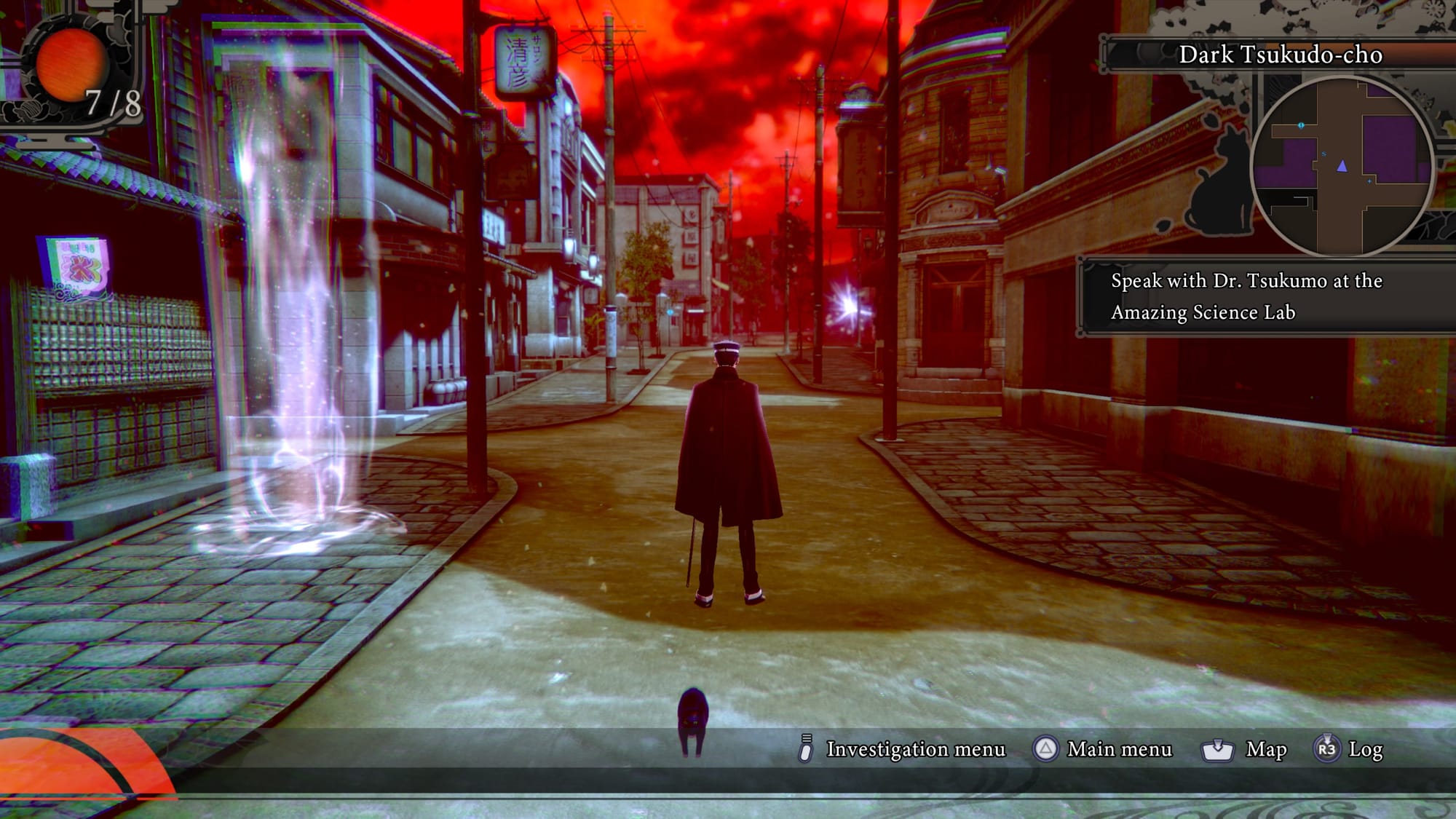
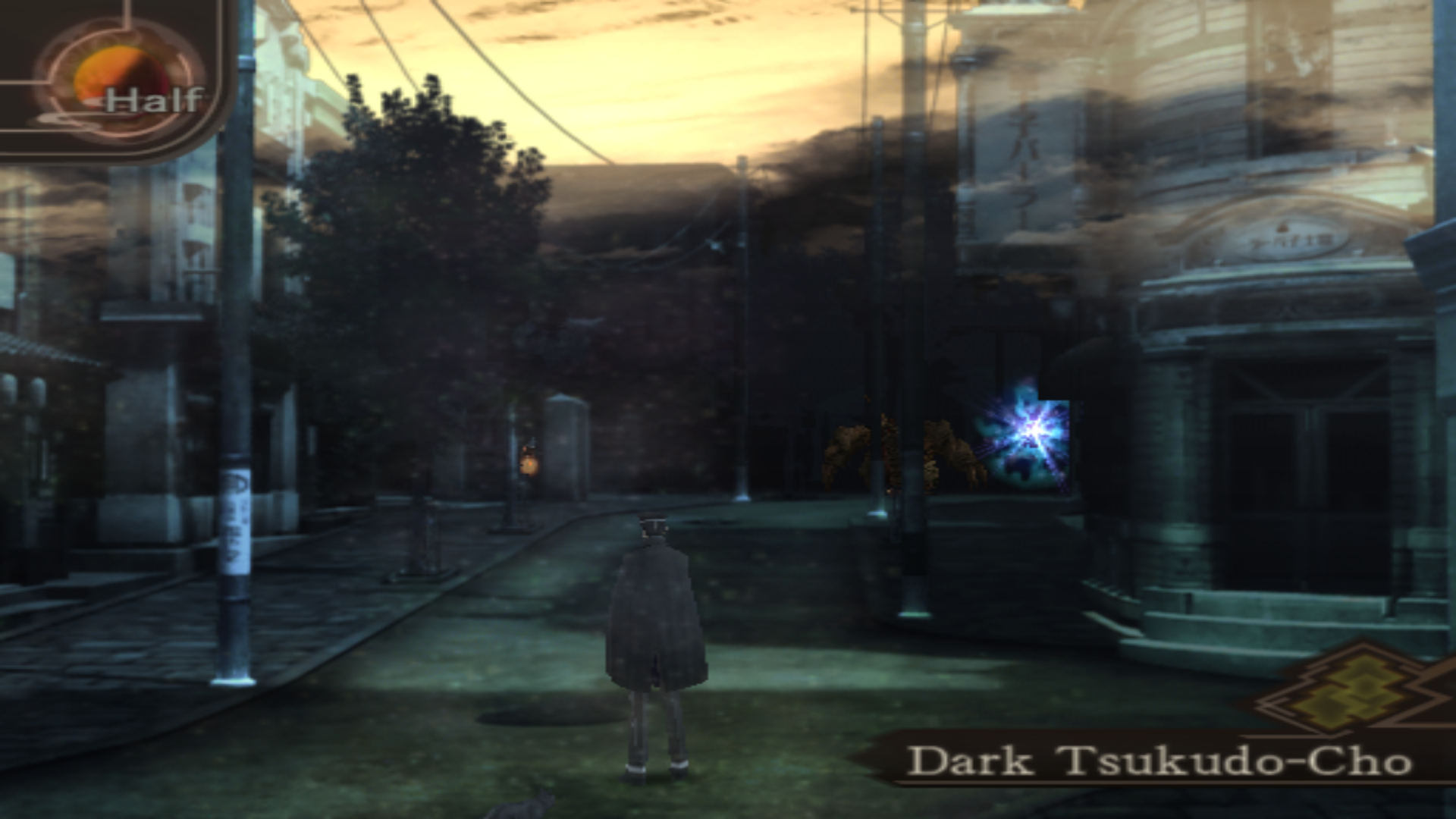
Almost everything else here is nearly identical. The story plays out (almost) beat for beat, and line for line, the same as it did 20 years ago, time travel Robo-Rasputin and all. While I certainly don’t think this game has the most interesting SMT story, RAIDOU Remastered makes up for it with the turn of the century setting.
Overall, I am really happy this game exists. It’s by no means the best game of the year, but 20 years later, and with the smallest of adjustments, Raidou is still pretty damn fun. As an exercise in a different approach to bringing a game and franchise back for a modern audience, it's a minimalist approach to changing things that I really think works and would like to see more of, especially if it was applied to the now extremely hard to find Raidou vs. King Abaddon.
7/10
RAIDOU Remastered: The Mystery of the Soulless Army was reviewed on PS5, and a review code was provided by the publisher. It's also out now on PC, Switch 2, and Xbox Series X|S.
Rewinder uses a 10-point scoring scale in our reviews, and we've detailed our review scoring policy here for more information.

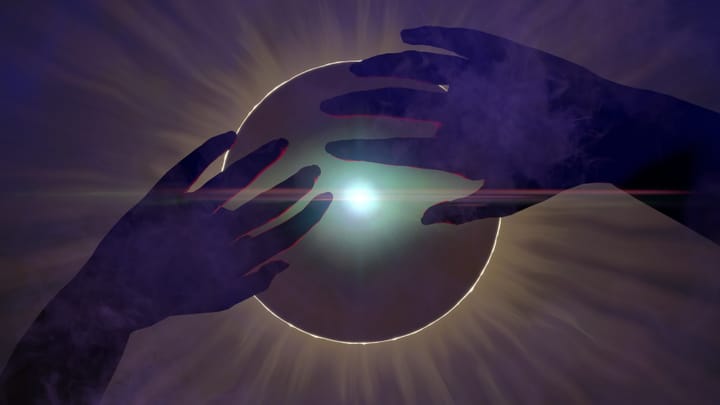
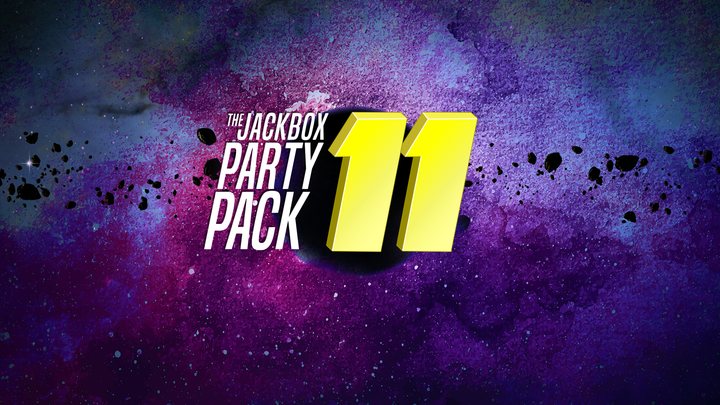
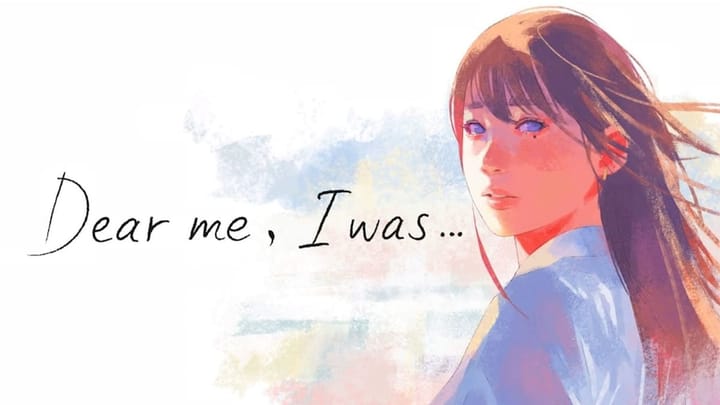
Comments ()